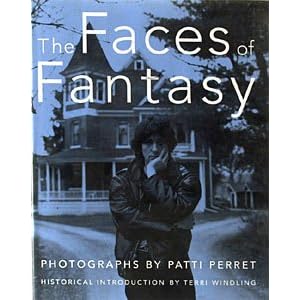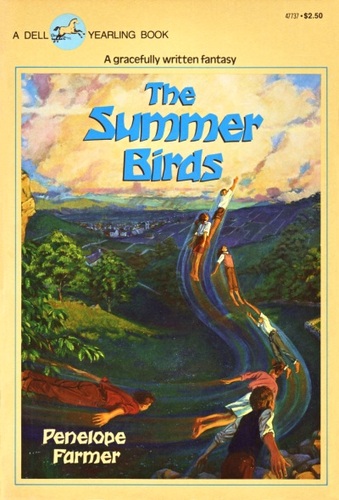1. A comment on Facebook on stories. The original poster was commenting on how hard it was for her to talk with a creationist. Someone linked to the XKCD comic here. My response to a few more comments on stubborn ignorance was:
2. in Meeting this morning, a Friend rose to talk about her experience with other people's stories, with other people's baggage they bring to hearing your story. Her husband had come out quite publicly as bisexual, and she was recalling the pain that other people's assumptions and baggage brought her in that experience. There is a sense that when you speak Truth, that Truth is released from you—it is no longer yours. I think most people don't get this; certainly the idea of intellectual property works against this. But really, to release an idea is much more powerful than holding it. To try and hang on to it is mostly a salve for the ego. Or an attempt to control income—not that the experience of "colonized" musicians, who sold their songs for pennies to producers who then made fortunes on them, is a good thing. No one should starve when someone else is feeding themselves from one's work. But the idea itself benefits from truly being free to roam.
3. Christa Tippet in this week's Speaking of Faith, talked with Alan Dienstag, who wrote this companion commentary about his work getting early-stage Alzheimer's patients to write memories as part of their comign to terms with their illness. Part of what he talked and wrote about is writing not as hanging on to memories, but as giving them away.
As she neared the end of her life, my grandmother seemed to understand that if you can give something away, you don't lose it. This, as it turns out, is as true of memories as it is of objects and is yet another aspect of memory that is often overlooked. Memories are, in a sense, fungible. Writing is a form of memory, and unlike the spoken word, leaves a mark in the physical world. As a form of memory, writing creates possibilities for remembering, for the sharing and safeguarding of memories not provided by talking. The writing group gave memory back to its members. They were transformed in the experience of writing from people who forget topeople who remember . A member of the writing group once said that when the group was together "— we forget that we don't remember." This is a statement of cure, not of biological and cellular disorder, but of the human disorder, the disorder of loss of personhood brought about by Alzheimer's disease.
-----
There is a scary power in letting go an idea, a teaching, a word, a picture...anything that comes out of oneself. To put your name on it keeps it somehow tied to you. It is a radical idea, to create anonymously and remain anonymous so as to be able to let the idea truly go free. It's almost a painful idea. But I feel myself drawn to it. It is an act of submission, an act of saying "these things are not mine."
I have no idea if I could do it.


